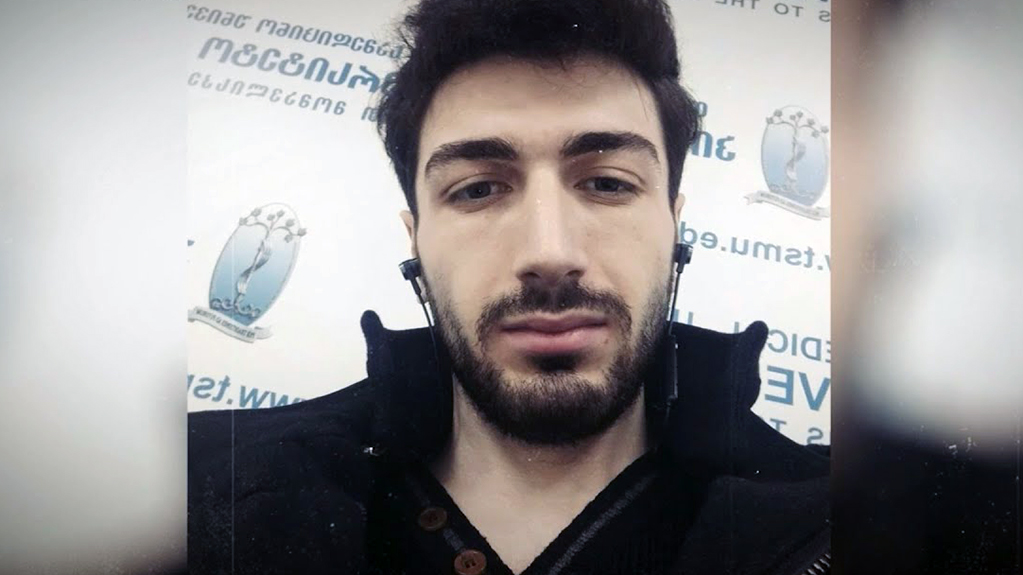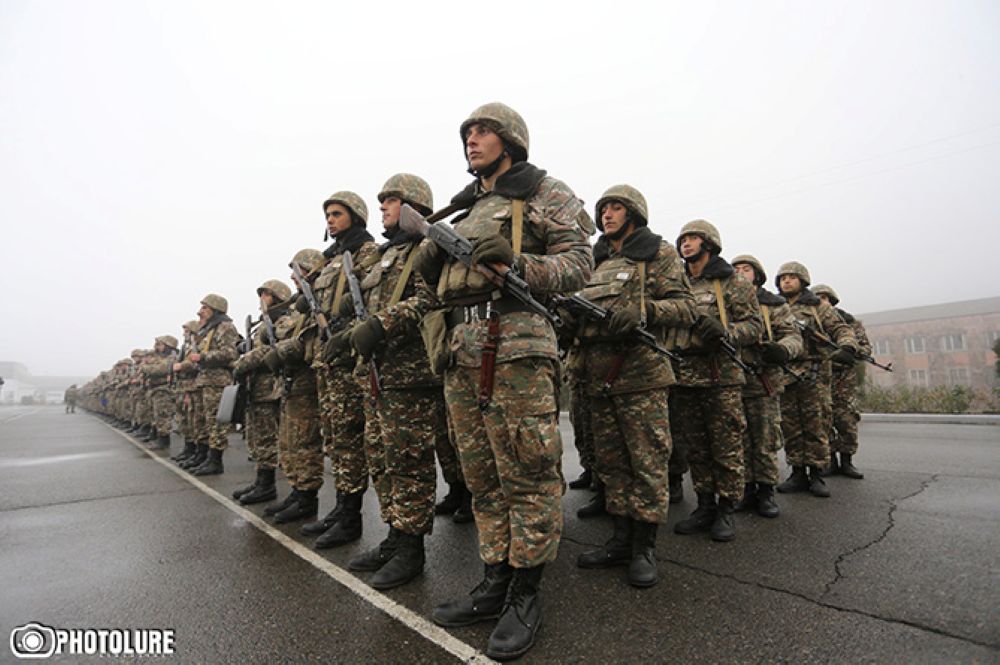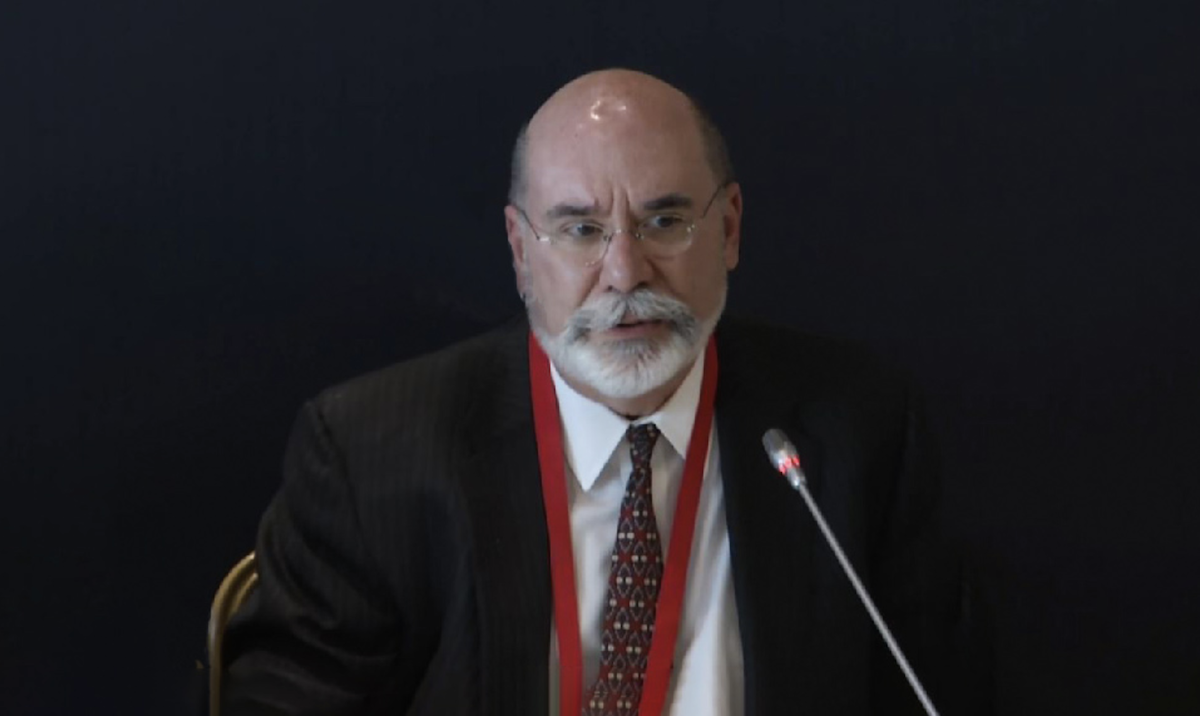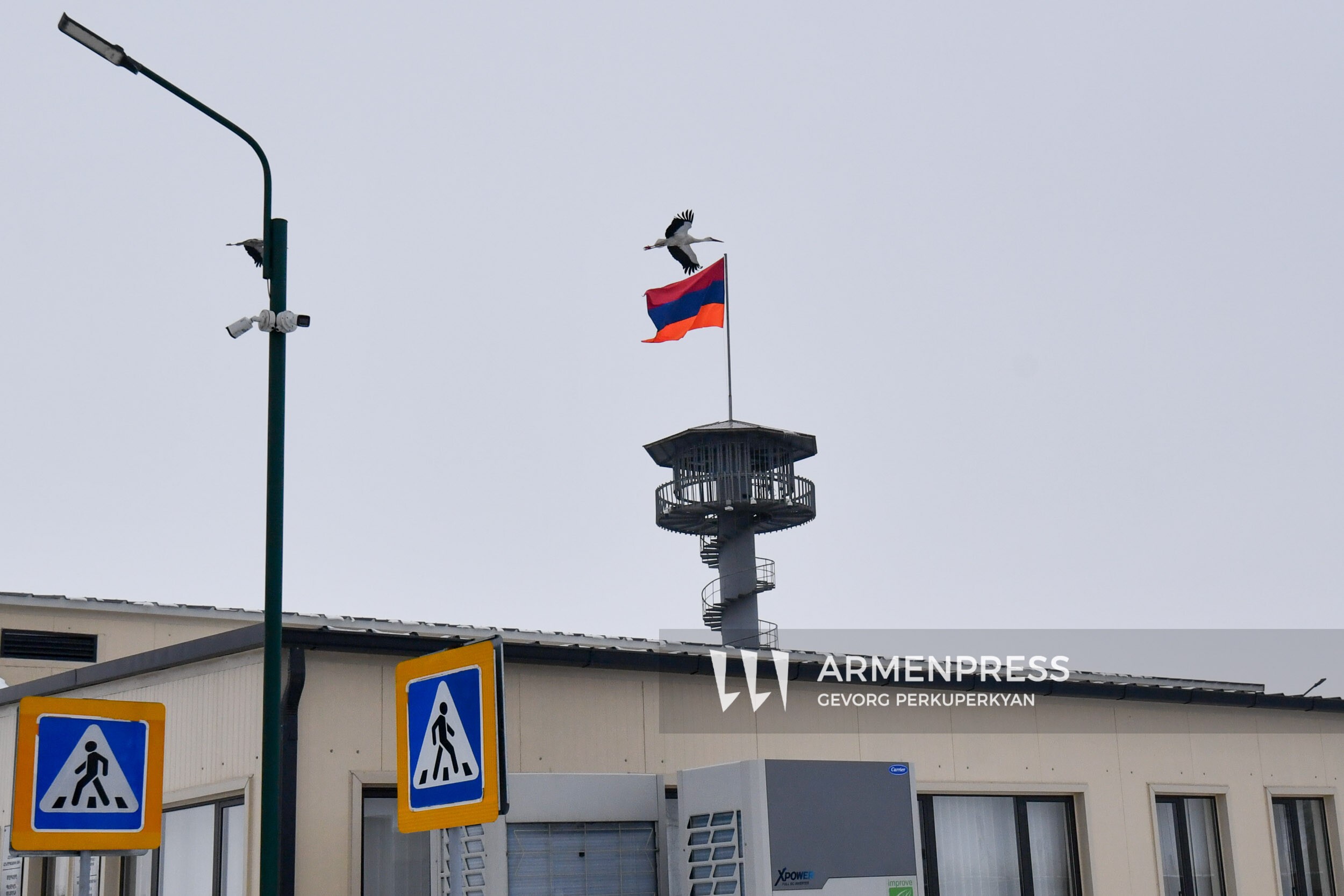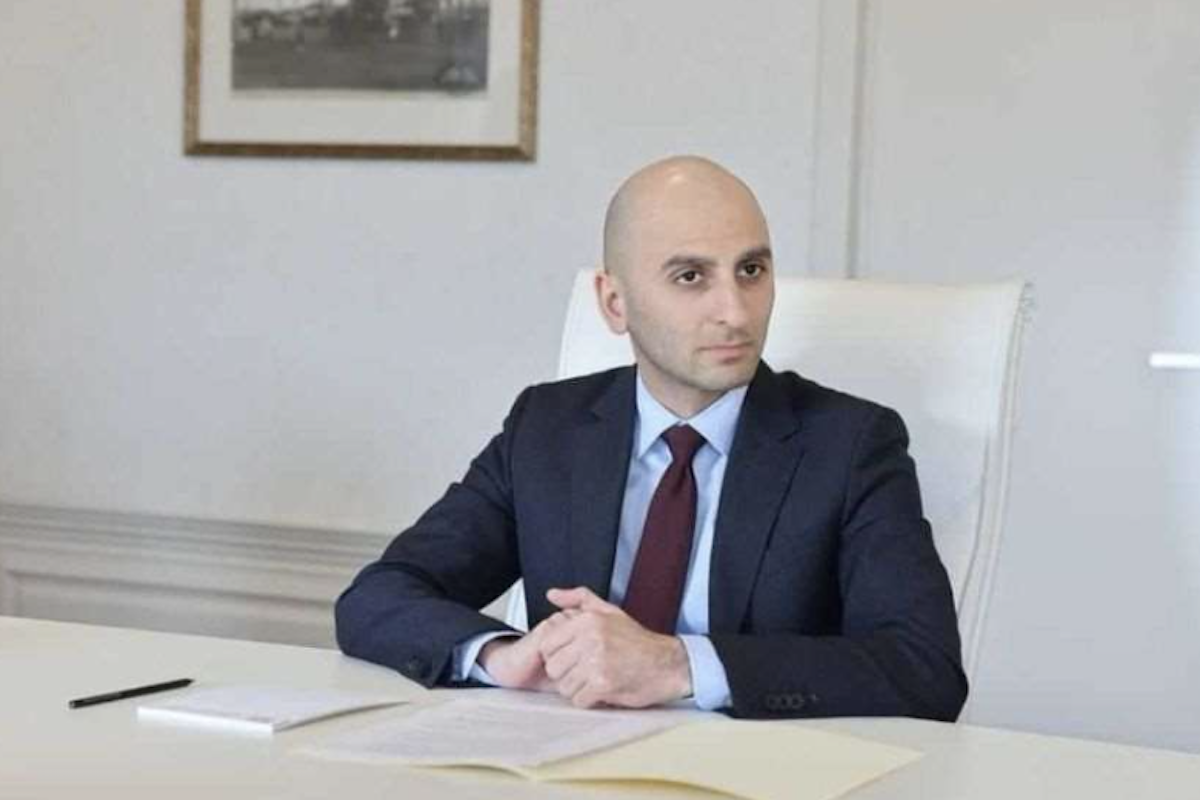Coronavirus outbreak in Armenia – lessons for Georgia
Armenia has seen a recent sharp upswing in the number of coronavirus cases. Georgian authorities have made the decision to help Armenia, and stated that they are ready to help neighbors with testing, as well as to deliver 10,000 PCR tests.
In an interview with JAMnews, Georgian experts – the head of the Association of Anesthesiology and Critical Medicine Vakhtang Kaloyan and journalist and expert on Armenia Iva Shilakadze – expressed their views on why the situation in Armenia has turned out the way it has, possible assistance, and also what conclusions Georgia should draw.
Causes of the outbreak
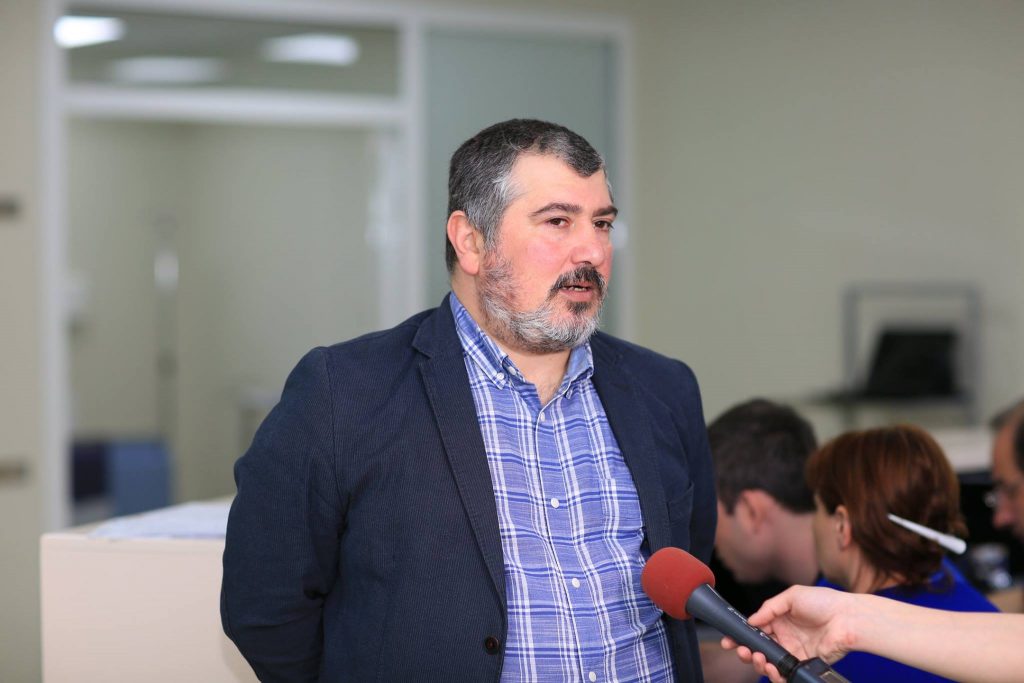
“The main difference between us (Georgia) and other countries of the region is the isolation measures that we have taken. Compared to other countries, Georgia acted earlier and ‘more aggressively.’ This has led to a relatively low number of infections and, consequently, to fewer deaths,” said Vakhtang Kaloyan.
As of June 12, there are 15,281 reported cases of coronavirus in Armenia and 258 deaths. In Azerbaijan, 9218 cases and 113 deaths have been reported. In Georgia – 837 cases and 13 deaths.
- Armenia receives medical equipment from Georgia to aid in fight against coronavirus
- Armenia out of sick beds – one man dies who could not be hospitalised
- “Stay at home, not at the cemetery” – how countries are coping with new coronavirus outbreaks
Kaloyan says that some people have questioned the reliability of statistics on Georgia (including the Minister of Health of Armenia Arsen Torosyan – JAMnews), mainly due to the relatively low number of tests performed. The expert says there are reasons behind this.
“Nonetheless, Georgia’s epidemiological system is generally effective and Georgia is one of the countries whose statistics are considered reliable,” said Kaloyan.
He believes that the healthcare system in Armenia, as well as in Georgia, “is facing some problems in terms of the number of beds, as well as infrastructure and qualifications.”
“When there are problems with the healthcare system, isolation measures play an even greater role. Therefore, incomplete quarantine measures, or the premature lifting and easing of these measures in light of this situation can be very dangerous. I think this is what happened in Armenia.”
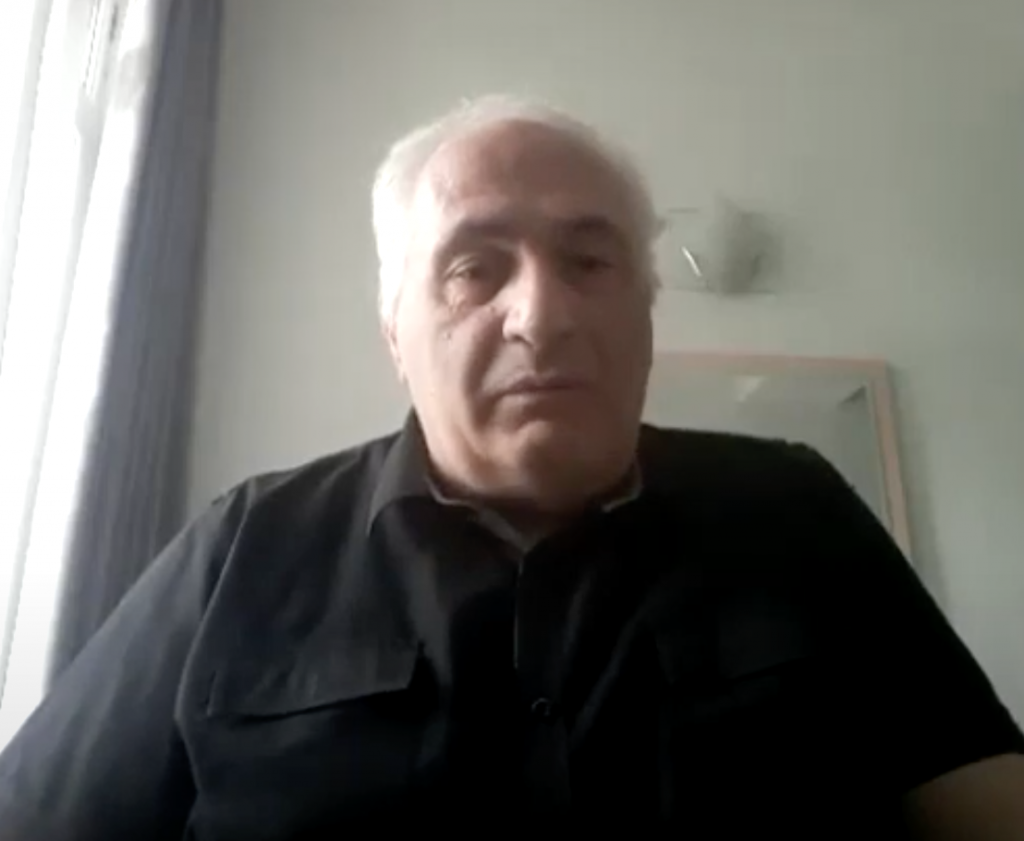
Journalist and specialist on Armenia Iva Shilakadze draws attention to the fact that the government under Nikol Pashinyan, who came to power in the wake of the Velvet Revolution of 2018, has been criticized more than once for being unprofessional. In addition, the government has a large staff turnover. However, in his opinion, this does not extend to the Minister of Health Torosyan, who still has the reputation of being professional.
“Perhaps the reason they had these issues was that the quarantine was announced so late as an attempt to save the economy. In addition, Pashinyan and his team were accused of having a somewhat careless attitude towards the situation in the beginning and not realizing the magnitude of the threat, after which coping with the situation became even more difficult,” Shilakadze says.
At the same time, he says that the situation in Armenia, although difficult, is not catastrophic:
“The mortality rate in Armenia (from coronavirus) is not so high compared to many other countries — it’s somewhere around 2%. The health care system is more or less able to handle the patient load. Recently, when the number of cases exceeded 10,000, they started to run out of tests and hospital beds. But these problems are still being resolved.”
How can Georgia help?
Vakhtang Kaloyan claims that the main problem Armenia is experiencing is the lack of beds in clinics. In order to help its neighbor, Georgia must either help replenish the bed capacity or transfer a certain number of serious patients to Georgia.
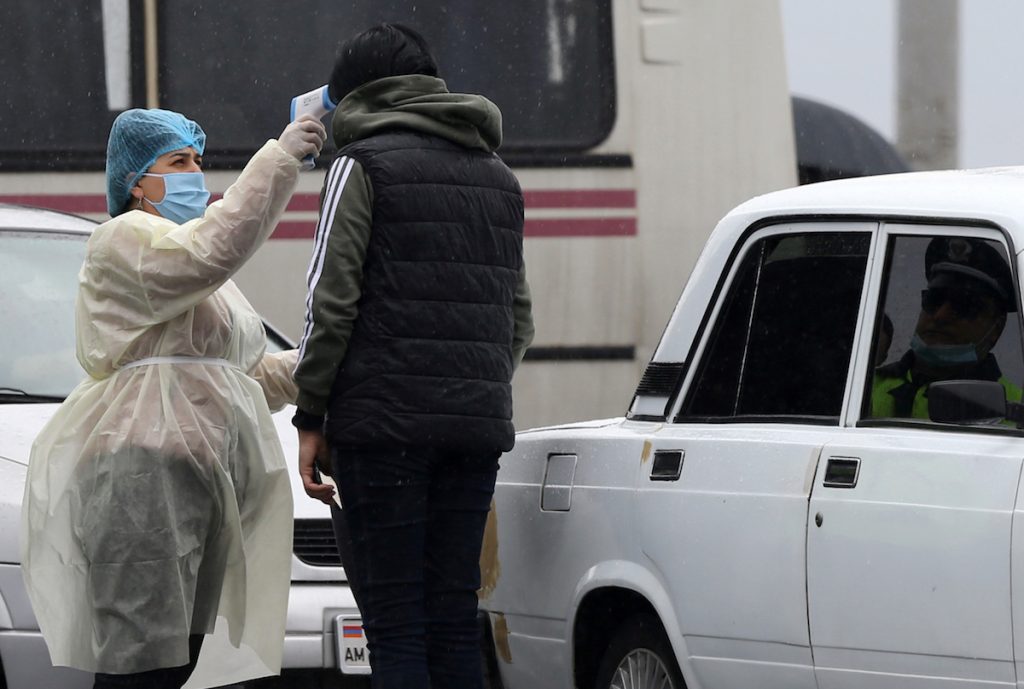
“However, in order to achieve a system-wide result, we must transfer a large number of patients to us, and, unfortunately, we do not have the resources for this. We can accept a maximum of 10 or 20 patients in serious condition, and I do not think that this will help to alleviate the situation.”
At the same time, he says that Georgia can share its experience from the ‘fever centers’ — special medical points where people come when they have a temperature. Kaloyan believes that if necessary, Georgia will be able to help organize mobile fever centers, or field hospitals in Armenia’s epidemiological hot spots, which will help the country take some of the load off of its clinics.
Kaloyan also believes that aid “should be well coordinated between the two governments, because spontaneous and unorganized initiatives can, on the contrary, worsen the situation, creating chaos and tension.”
Is misinformation to blame?
In Armenia, as in many other countries, misinformation played a major role in the spread of coronavirus, says Iva Shilakadze.
“Even in developed countries such as the UK, some people believed in conspiracy theories and began to burn down 5G cell towers. There are also media sources in Armenia that spread these conspiracy theories, ”Shilakadze said.
In addition, he says that the fact that many Armenian citizens travel to Russia and trust Russian news sources played a role, despite the fact that Russia itself had a late reaction to the pandemic and that the situation in this country is particularly serious.
Shilakadze says that supporters of the previous Armenian government, including “openly pro-Russian forces” with large financial and media resources, oppose the current government in Armenia.
These opponents criticize the government’s response to the pandemic and urge the government to actually adopt a Russian-style anti-crisis plan.
Key findings for Georgia
Vakhtang Kaloyan believes that for the most part, Georgian citizens complied with the rules and restrictions proposed by the government, which allowed the country to more or less successfully cope with the epidemic. And this is precisely the difference between Georgia and neighboring countries.
“I think that the main lesson is that we should not violate the standard and well-accepted rules of medicine and epidemiology. The fact that isolation is the best way to fight a viral infection has been known to mankind for many years. All of these factors are measurable and quantifiable — how quarantine should be put into place, how the chain of infection should be broken, at exactly what stage restrictions can be eased. Compliance with these rules and making sure that they remain outside of the influence of the current political situation is vital.”
Kaloyan claims that based on the epidemiological situation, the borders between Georgia, Armenia and Azerbaijan should not be opened until at least until the fall.












